Table of content
Steroid-induced diabetes is an acquired medical condition that can develop from taking corticosteroids—medications commonly used to manage inflammatory and autoimmune disorders. In this blog, we explore what steroid-induced diabetes is, why it occurs, its symptoms, diagnosis, and effective management.
What is Steroid-Induced Diabetes?
Steroid-induced diabetes is a form of diabetes that occurs when corticosteroids elevate blood sugar levels. Doctors use corticosteroids as powerful anti-inflammatory drugs to treat asthma, arthritis, lupus, and other diseases. Their strong anti-inflammatory effects are very beneficial, but at the same time, they often cause changes in the way your body manages glucose, leading to high blood sugar levels.
Why Do Steroids Cause Diabetes?
Corticosteroids mediate glucose metabolism through several mechanisms:
Increased Gluconeogenesis: Steroids increase the production of glucose in the liver. Increased glucose produced in this process, known as gluconeogenesis, increases sugar in the blood.
Insulin Resistance: Steroids are known to induce resistance to insulin in your body’s cells. Insulin is a hormone that is responsible for guiding the sugar that is absorbed through the food we eat into the cells of the body. Now, reduced sensitivity will mean more sugar staying back in the blood.
Decreased Glucose Utilization: Steroids can further decrease the efficiency of glucose utilization in muscle and fat cells, which can contribute to high blood sugar levels.
Symptoms of Steroid-Induced Diabetes
The symptoms of steroid-induced diabetes can resemble those of other kinds of diabetes. They may include:
- Frequent urination
- Excessive thirst
- Unexplained weight loss
- Fatigue
- Blurred vision
These symptoms especially became visible with high dosage and long-term use.
Diagnosis of Steroid-Induced Diabetes
Steroid-induced diabetes is diagnosed by multiple tests. Some of the tests include:
Blood Glucose Tests: These tests evaluate your blood sugar levels. The idea is to ascertain whether the blood sugar level is high.
Hemoglobin A1c Test: This test provides an average level of your blood glucose over the last two or three months and is an indication of how you are controlling long-term blood sugar.
Oral Glucose Tolerance Test: Patients fast overnight and then gobble some glucose solution for this test. Blood sugar levels are inspected at set intervals to appreciate the client’s glucose metabolism.
Controlling/Management of Steroid-Induced Diabetes
You can control steroid-induced diabetes with lifestyle changes, monitoring, and possibly some medications. Here’s how you control it effectively:
Monitoring of Blood Glucose Levels:
- Keep a regular check on your blood sugar levels by testing them to know how well you are controlling your diabetes.
- Use a blood glucose meter or continuous glucose monitor (CGM) to monitor your blood sugar, as recommended by your healthcare provider.
Change in Diet:
- Follow a healthy diet that includes whole grains, lean proteins, and plenty of vegetables.
- Limit foods and drinks that are high in added sugars in your diet, as they will probably increase your blood glucose level.
- Limit foods and drinks that are high in added sugars in your diet, as they will probably increase your blood glucose level.
Physical Activity:
- Regular physical activity will support you in keeping your blood glucose levels constant and in improving your body’s insulin sensitivity.
- Aim for at least 30 minutes of moderate exercise on most days of the week.
Medication Management:
- Your doctor may further adjust steroid dosage or, if possible, change you to a different medication.
- If your blood sugar levels stay high, your doctor might give you medicines for your diabetes, such as oral hypoglycemic agents or insulin.
- Also, monitor your blood glucose level continuously with CGM Devices available on our website at https://cgmmonitors.com/product-category/cgm-devices/page/2/
Work Closely with Your Healthcare Team:
- Follow up with your doctor as scheduled to keep them informed of your condition and to adjust your therapy if necessary.
- Report changes in your symptoms or any medication side effects to your healthcare provider in an open and timely manner.
Prevention of Steroid-Induced Diabetes
If you are on medication that includes corticosteroids, discuss your predisposition with your healthcare provider. They can suggest:
- Use of the lowest effective dose:
- Taking the least number of steroids that can help keep your condition in control can reduce the chances of developing diabetes.
- Alternative treatment options:
- If possible, your doctor may give other treatments that won’t affect blood sugar levels like indRTC.
- Monitoring regularly:
In case of risk factors, monitor your blood glucose level continuously with CGM Devices that are available on our website https://cgmmonitors.com/product-category/cgm-devices/page/2/
Conclusion
Corticosteroid-induced diabetes can be a severe but controllable complication of corticosteroid treatment. Identify its causes, symptoms, and strategies in management, and you will see ways to make sure that you keep your sugar levels under control and stay healthy in general. Key elements to the management of the problem are regular monitoring, a balanced diet, exercises, and cooperation with health workers.
Remember, if you are truly concerned about how steroid medication might affect your health, discuss this with your physician to find the best approach for your needs.

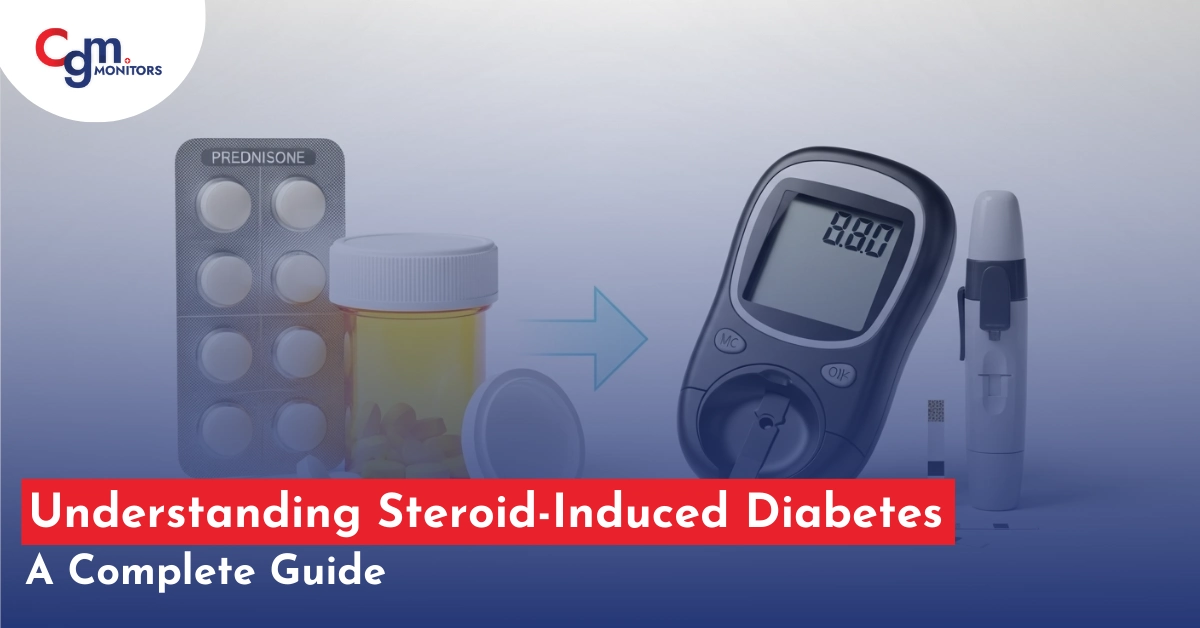


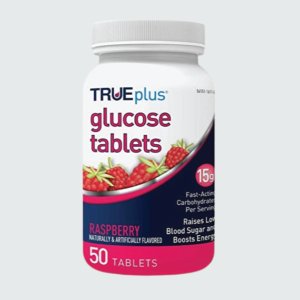
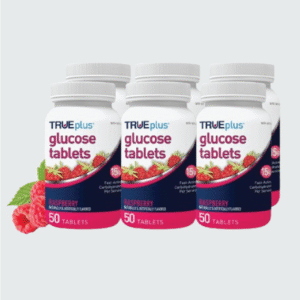





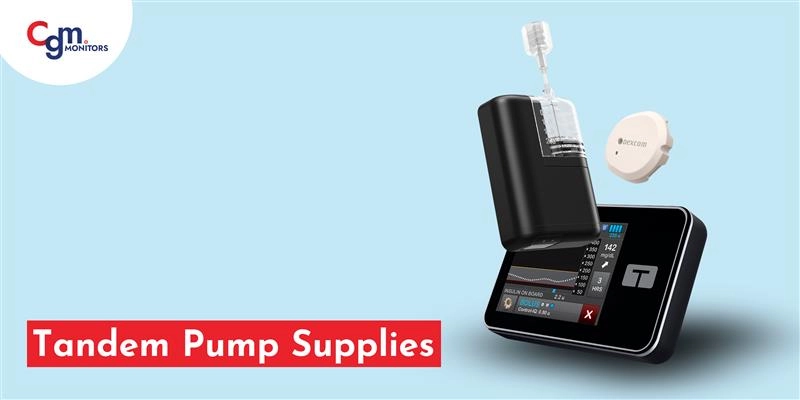


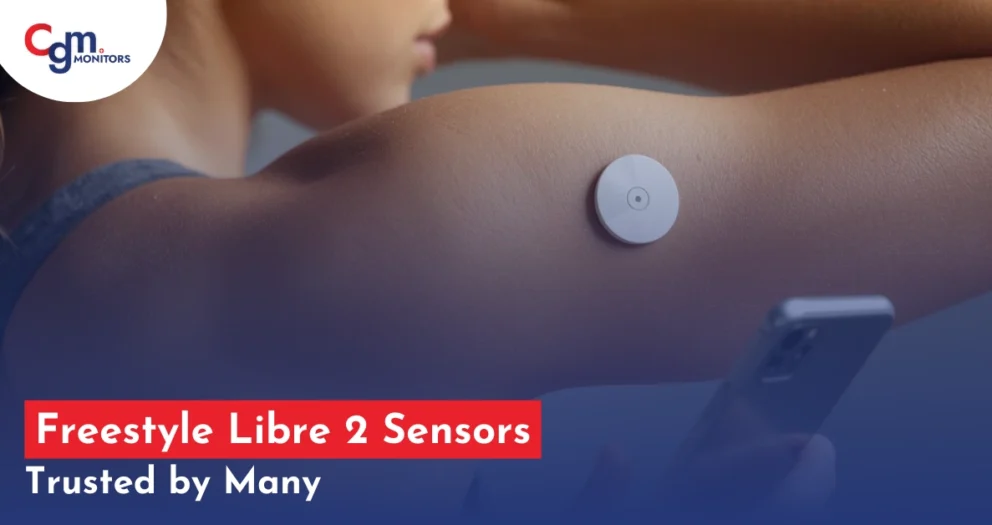
Write a comment
Your email address will not be published. All fields are required